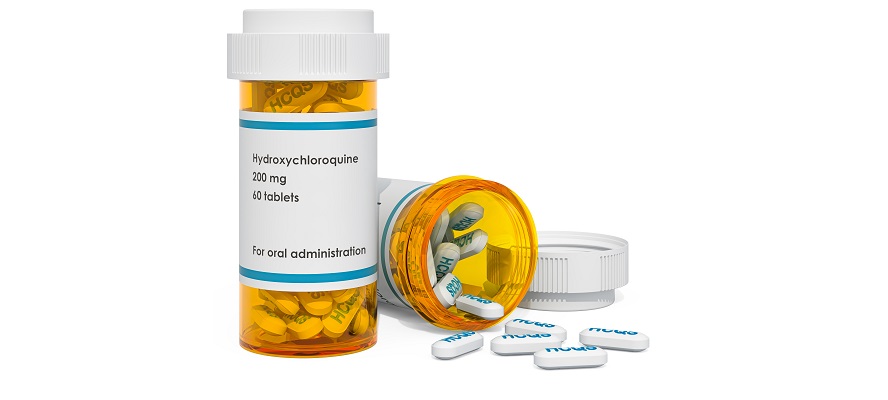Hydroxychloroquine, an old malaria drug touted by US President Donald Trump as a “game changer” in the fight against the coronavirus provided no benefit and potentially higher risk of death for patients at US veterans hospitals, according to an analysis that has been submitted for expert review.
There are currently no approved treatments or vaccines specifically for the new coronavirus. But decades old hydroxychloroquine has been widely used in an attempt to alter the course of the COVID-19 respiratory illness based on anecdotal reports that it may provide some benefit.
An analysis of Veterans Health Administration (VA) data found that 28 per cent of 97 patients given hydroxychloroquine along with standard care died, compared with a death rate of 11 per cent for the 158 patients that did not receive the drug. The death rate was 22 per cent for the 113 patients given hydroxychloroquine plus the antibiotic azithromycin.
The research, which has not yet been accepted for publication in a medical journal, is not the result of a clinical trial. It analyzed medical records from 368 men hospitalized with confirmed coronavirus infection at VA centers who died or were discharged by April 11, according to the paper posted online for researchers.
The severe threat posed by the new coronavirus has encouraged sharing within the scientific community of “preprints” – the practice of researchers posting their findings prior to external checks, scrutiny or validation. The study authors did not immediately respond to requests for comment.
After taking patients’ individual characteristics into account, researchers calculated that the risk of death was more than double in those who received hydroxychloroquine.
Hydroxycholoquine also appeared to have no impact on a patients’ need for breathing support. Rates of mechanical ventilation were 13 per cent for those who got the drug versus 14 per cent for patients who received only supportive care. For those who received the malaria drug and the antibiotic, only 7 per cent required breathing assistance.
Even though there is not yet scientific evidence that hydroxychloroquine is effective against COVID-19, doctors have said they are generally comfortable with trying the inexpensive drug, which has also been used to treat lupus and rheumatoid arthritis.
But that may be starting to change. “Some publications in the last week or two have shed doubt on whether hydroxychloroquine is beneficial,” said Dr Jeremy Falk, a pulmonary specialist at Cedars-Sinai Medical Center in Los Angeles, who was not involved in the VA study.
“We were using it on just about everybody early on. Now we are using it more sparingly.”
Numerous randomized trials are underway in the United States and elsewhere, aiming to answer the question of whether the drug has a role to play in the pandemic that has infected more than 2.5 million people worldwide and killed about 176,000.

